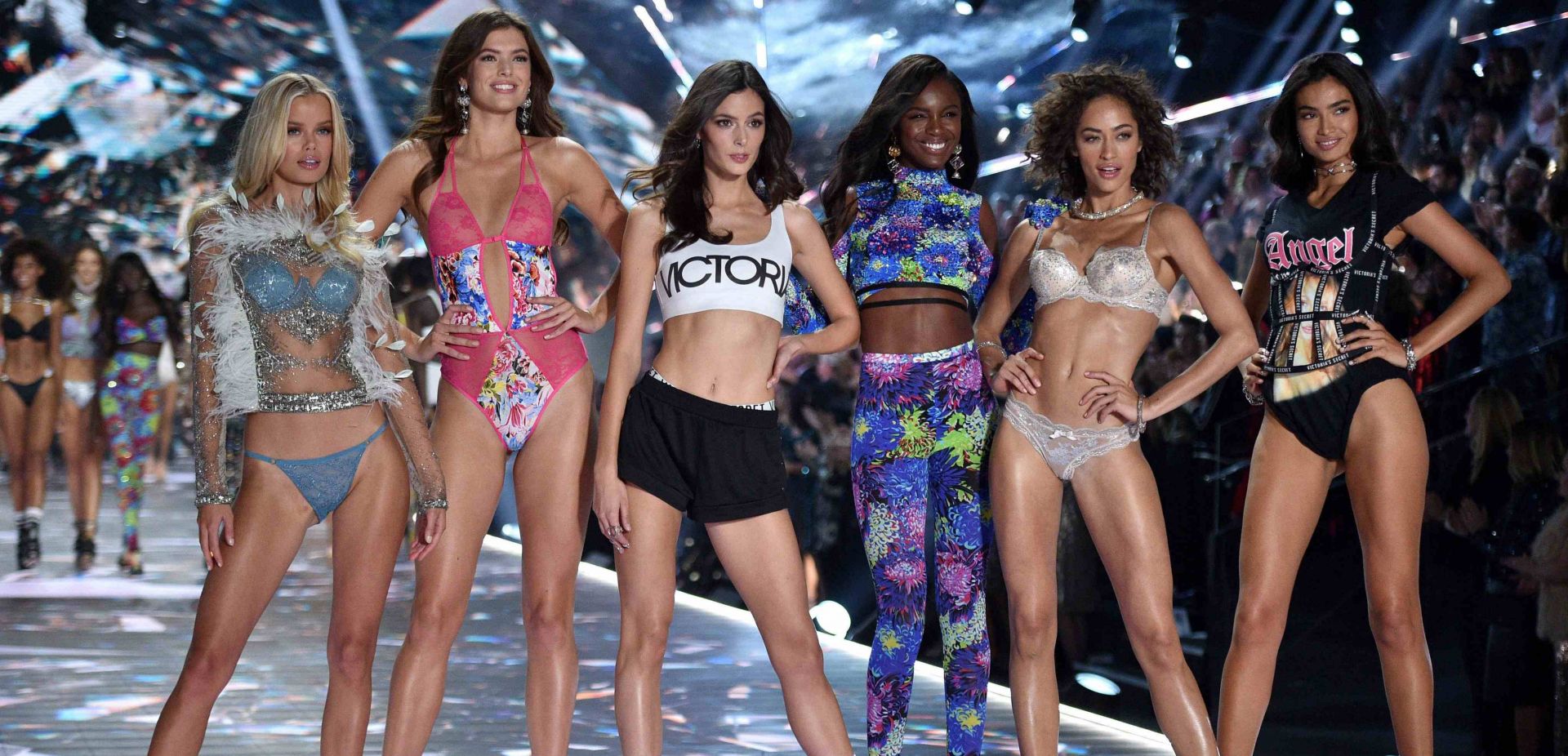A few years ago, the corporation proudly positioned itself as a trailblazer in matters of diversity, championing LGBTQ+ pride and taking a stand against racism. Embracing a rainbow policy, Disney extended its influence beyond its industry boundaries. However, a significant obstacle emerged in Florida, governed by Ron DeSantis, a conservative congressman and a 2024 Republican presidential candidate. The roots of the dilemma traced back to a 1967 agreement between local authorities and the Disney brothers, ensuring substantial tax payments for Disney's Orlando parks while the state government refrained from meddling in its operations.
Former Disney president Bob Chapek, a prominent advocate for progressive causes, stirred controversy by challenging the established agreement, vehemently opposing a bill that prohibited the inclusion of gay pride or sexual identity content in schools. Governor DeSantis, unyielding in his stance against corporate interference, threatened administrative actions, including a comprehensive review of technical infrastructure at Disney parks. “We are a government of laws, not a government of individual men or even a government of ‘woke’ corporations based in California,” DeSantis was quoted as saying.
 SIGN UP TO OUR PAGE
SIGN UP TO OUR PAGE 
In response to the escalating conflict, Chapek was ousted from his position as Disney CEO, replaced by former CEO Bob Iger. The latter expressed a desire to deescalate the culture war, a move widely interpreted as a retreat from political correctness. While the precise motives behind this declaration remain unclear, the undeniable consequence was a drastic 40% plunge in the shares of the fairytale giant on the New York Stock Exchange within a few months. Although never publicly revealed, financial concerns appeared to be the primary catalyst for the ousting of the former CEO.
Snow White wants power, not a prince
Disney now faces the challenge of reevaluating its recent productions, which are laden with attempts to “rectify historical injustices”. It remains perplexing why the entertainment giant is refraining from introducing new characters, opting instead to reimagine classic tales by Johann Christian Andersen and the Brothers Grimm. The revamped portrayals of the Little Mermaid and the upcoming Snow White significantly depart from the familiar renditions we have all come to know and love. Originally depicted with white skin, the protagonists are now portrayed by actresses with entirely different complexions: Halle Bailey and Rachel Zegler respectively.
Zegler, discussing the iconic 1937 Disney version of Snow White and the Seven Dwarfs, was unequivocal. “I just mean that it’s no longer 1937,” the actress said.
“She’s not going to be saved by the prince and she’s not going to be dreaming about true love,” the 22-year-old star said. “She’s dreaming about becoming the leader she knows she can be and the leader that her late father told her that she could be if she was fearless, fair, brave and true.”
The announcement stirred a social media uproar, drawing criticism even from viewers of colour who found it absurd for political correctness to dictate that a girl with a different skin colour should assume the role of “a princess as white as snow.” Zegler's statements, in particular, faced harsh backlash. A TikTok user using the pseudonym CosyWithAngie posted a video describing the actress's remarks as pseudo-feminism, emphasising that not every woman aspires to leadership or desires power.
The film's initial leaked details added fuel to the fire. In their fervent battle against stereotypes, the creators of the new version of the classic initially indicated a willingness to revamp even the seven dwarves, with rumours suggesting replacements that reflect various races and genders. However, a recent studio photo release indicated that the number and gender of the dwarves remain faithful to the original, with their characters brought to life through computer graphics.


 SIGN UP TO OUR PAGE
SIGN UP TO OUR PAGE 






